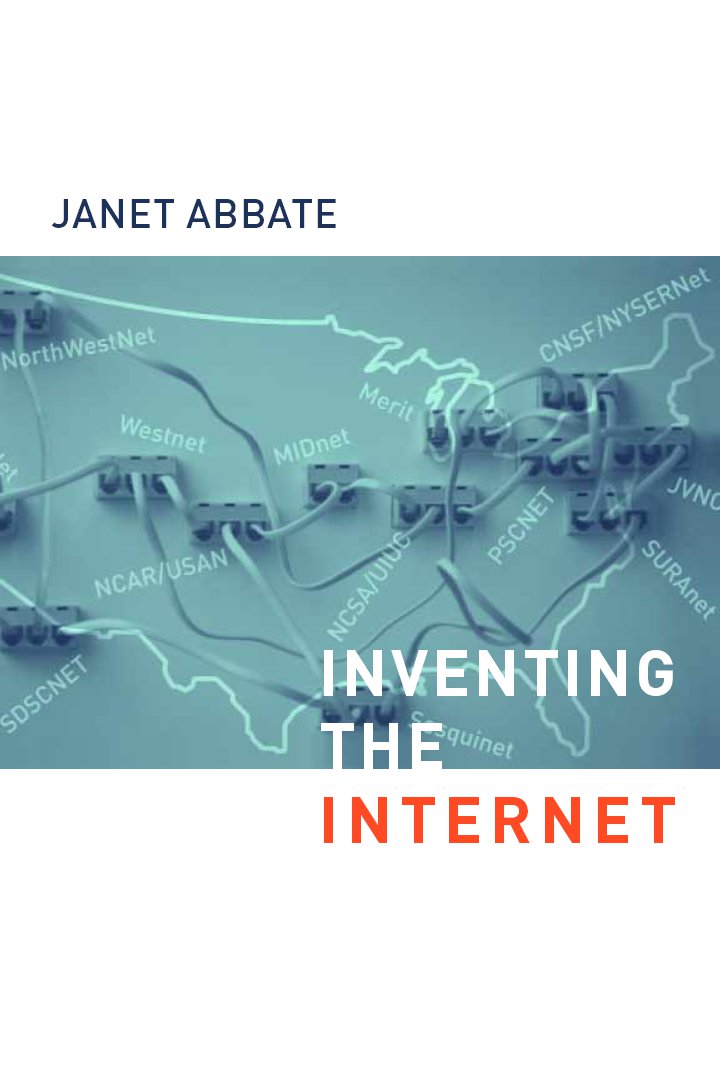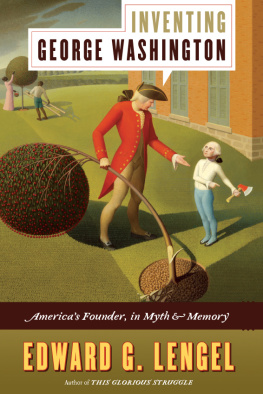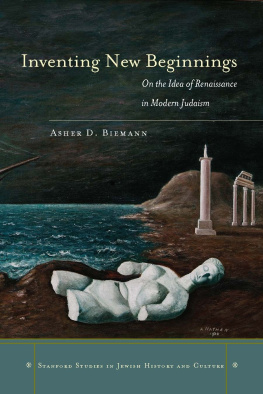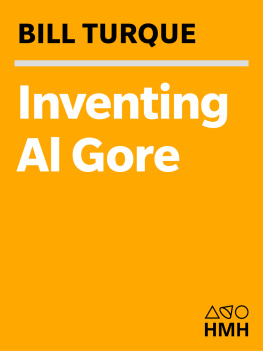Janet Abbate - Inventing the Internet
Here you can read online Janet Abbate - Inventing the Internet full text of the book (entire story) in english for free. Download pdf and epub, get meaning, cover and reviews about this ebook. year: 2000, publisher: MIT Press, genre: Politics. Description of the work, (preface) as well as reviews are available. Best literature library LitArk.com created for fans of good reading and offers a wide selection of genres:
Romance novel
Science fiction
Adventure
Detective
Science
History
Home and family
Prose
Art
Politics
Computer
Non-fiction
Religion
Business
Children
Humor
Choose a favorite category and find really read worthwhile books. Enjoy immersion in the world of imagination, feel the emotions of the characters or learn something new for yourself, make an fascinating discovery.

- Book:Inventing the Internet
- Author:
- Publisher:MIT Press
- Genre:
- Year:2000
- Rating:5 / 5
- Favourites:Add to favourites
- Your mark:
- 100
- 1
- 2
- 3
- 4
- 5
Inventing the Internet: summary, description and annotation
We offer to read an annotation, description, summary or preface (depends on what the author of the book "Inventing the Internet" wrote himself). If you haven't found the necessary information about the book — write in the comments, we will try to find it.
Inventing the Internet — read online for free the complete book (whole text) full work
Below is the text of the book, divided by pages. System saving the place of the last page read, allows you to conveniently read the book "Inventing the Internet" online for free, without having to search again every time where you left off. Put a bookmark, and you can go to the page where you finished reading at any time.
Font size:
Interval:
Bookmark:

Inventing the Internet
Inside Technology
edited by Wiebe E. Bijker, W. Bernard Carlson, and Trevor Pinch
Janet Abbate, Inventing the Internet
Marc Berg, Rationalizing Medical Work: Decision-Support Techniques and Medical Practices
Wiebe E. Bijker, Of Bicycles, Bakelites, and Bulbs: Toward a Theory of Sociotechnical Change
Wiebe E. Bijker and John Law, editors, Shaping Technology/Building Society: Studies in Sociotechnical Change
Stuart S. Blume, Insight and Industry: On the Dynamics of Technological Change in Medicine
Geoffrey C. Bowker, Science on the Run: Information Management and Industrial Geophysics at Schlumberger, 19201940
Louis L. Bucciarelli, Designing Engineers
H. M. Collins, Artificial Experts: Social Knowledge and Intelligent Machines
Paul N. Edwards, The Closed World: Computers and the Politics of Discourse in Cold War America
Herbert Gottweis, Governing Molecules: The Discursive Politics of Genetic Engineering in Europe and the United States
Gabrielle Hecht, The Radiance of France: Nuclear Power and National Identity after World War II
Kathryn Henderson, On Line and On Paper: Visual Representations, Visual Culture, and Computer Graphics in Design Engineering
Eda Kranakis, Constructing a Bridge: An Exploration of Engineering Culture, Design, and Research in Nineteenth-Century France and America
Pamela E. Mack, Viewing the Earth: The Social Construction of the Landsat Satellite System
Donald MacKenzie, Inventing Accuracy: A Historical Sociology of Nuclear Missile Guidance
Donald MacKenzie, Knowing Machines: Essays on Technical Change
Susanne K. Schmidt and Raymund Werle, Coordinating Technology: Studies in the International Standardization of Telecommunications
1999 Massachusetts Institute of Technology
All rights reserved. No part of this book may be reproduced in any form by any electronic or mechanical means (including photocopying, recording, or information storage and retrieval) without permission in writing from the publisher.
Library of Congress Cataloging-in-Publication Data
Abbate, Janet.
Inventing the Internet / Janet Abbate.
p. cm. (Inside technology)
Includes bibliographical references and index.
ISBN 978-0-262-26133-3
1. Internet (Computer network)History. I. Title. II. Series.
TK5105.875.I57A23 1999
004.67809dc21
19-847647
CIP
d_r0
Acknowledgments
Many people and institutions gave me support while I was working on this project. The Charles Babbage Institute helped fund my graduate studies through its Tomash Graduate Fellowship and gave me access to its collection of oral histories and archival materials on the Advanced Research Projects Agency. I am indebted to Arthur Norberg, Judy ONeill, and the CBIs staff for paving the way for me and for and others interested in this important chapter of the history of computing. Brian Kahin and Jim Keller at Harvard shared their knowledge of Internet policy issues while I was a member of the Kennedy School of Governments Information Infrastructure Project. The IEEE History Center at Rutgers University provided a postdoctoral fellowship while I was writing the manuscript, and I benefited from stimulating conversations with Bill Aspray, Andy Goldstein, David Morton, Rik Nebeker, Mike Geselowitz, and other colleagues at Rutgers. I spent countless working hours at the Someday Caf in Somerville and La Colombe in Philadelphia, each of which provided a congenial environment along with superb coffee.
I made use of a number of archival collections. In addition to the Charles Babbage Institute, I wish to thank Sheldon Hochheiser at the AT&T archives and the staffs of the ARPA and MIT archives. I am indebted to Martin Campbell-Kelly for collecting unpublished materials on networking activities at the National Physical Laboratory, and to Jon Agar at the National Archive for the History of Computing at the University of Manchester for assistance in using them. Jennie Connolly at the library of Bolt, Beranek and Newman (now a part of GTE Internetworking) was also extremely helpful. Members of the Internet community made my work immeasurably easier by documenting their own activities in online archives and by creating the information infrastructure that supports so much scholarly work today.
I would like to thank these participants in the story of the Internet who took the time to talk with me by telephone or in person: Donald Davies, Derek Barber, David Farber, Alex McKenzie, John Day, Stephen Lukasik, and Colonel Heidi Heiden. Many others, including the late Jon Postel, responded helpfully to email queries. I am grateful to Paul Baran, Donald Davies, Derek Barber, Leonard Kleinrock, Howard Frank, Alex McKenzie, Vint Cerf, and Barry Leiner for reading drafts of various chapters and offering insights and corrections.
Murray Murphey, Karin Calvert, and Carolyn Marvin helped me work out early versions of these ideas while I was a graduate student at the University of Pennsylvania. I also learned much from the responses of audiences at talks I gave at Syracuse University, the Massachusetts Institute of Technology, Drexel University, and the University of Pennsylvania and at Large Technical Systems conferences in Sweden and France. Thomas P. Hughes, advisor and friend, encouraged my first attempts to write a history of the ARPANET long before the Internet became a household word. His advice and support over the years have been invaluable.
A number of friends and colleagues generously read and discussed portions of the manuscript, including Arthur Norberg, Bill Aspray, Martin Campbell-Kelly, Atsushi Akera, Elijah Millgram, and Judith Silverman. Paul Ceruzzi offered useful advice and the opportunity to discuss my ideas with other historians of computing. Robert Morris was always willing to share his expertise and enthusiasm on network matters and helped me appreciate many technical issues. Susan Garfinkel challenged me to think more creatively about the Internet as a cultural phenomenon. Special thanks are due my friends and writers workshop partners Amy Slayton and David Morton, who commented on many drafts and whose patience, insight, and humor helped pull me through when the project seemed overwhelming. Finally, my love and deepest thanks to my sisters and brothersEdith, Kennan, Lauren, Alain, Alison, Matthew, and Geoffand their families, who provided moral support and laughs over the years, and to my parents, Anne and Mario Abbate, who stood behind me unfailingly. I couldnt have done it without you.
Inventing the Internet
Between the 1960s and the 1980s, computing technology underwent a dramatic transformation: the computer, originally conceived as an isolated calculating device, was reborn as a means of communication. Today we take it for granted that information can travel long distances instantaneously. For many Americans, and for an increasing portion of the worlds population, it has become easy and commonplace to send electronic mail or to access online multimedia information. The transcendence of geographic distance has come to seem an inherent part of computer technology. But in the early 1960s, when computers were scarce, expensive, and cumbersome, using a computer for communication was almost unthinkable. Even the sharing of software or data among users of different computers could be a formidable challenge. Before the advent of computer networks, a person who wanted to transfer information between computers usually had to carry some physical storage medium, such as a reel of magnetic tape or a stack of punch cards, from one machine to the other. Modems had been introduced in the late 1950s, but setting up a telephone connection between two machines could be an expensive and error-prone undertaking, and incompatibilities between computers compounded the difficulty of establishing such communications. A scientist who needed to use a distant computer might find it easier to get on a plane and fly to the machines location to use it in person.
Next pageFont size:
Interval:
Bookmark:
Similar books «Inventing the Internet»
Look at similar books to Inventing the Internet. We have selected literature similar in name and meaning in the hope of providing readers with more options to find new, interesting, not yet read works.
Discussion, reviews of the book Inventing the Internet and just readers' own opinions. Leave your comments, write what you think about the work, its meaning or the main characters. Specify what exactly you liked and what you didn't like, and why you think so.










